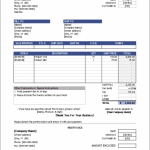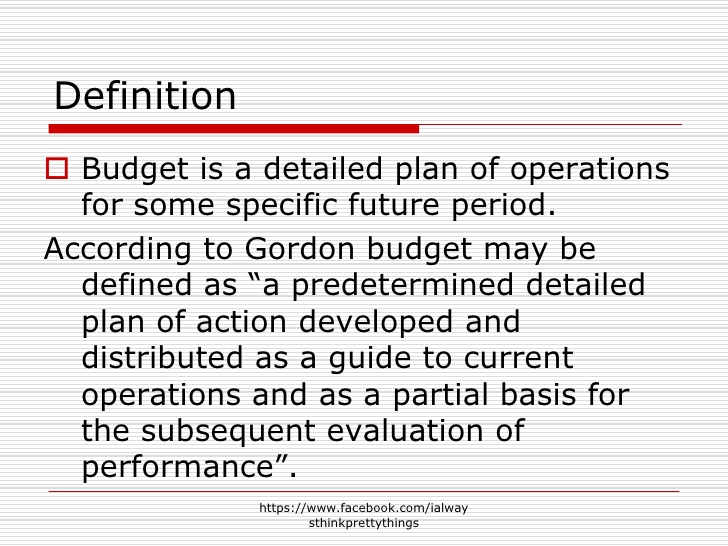Content

This follows the “matching principle” of accounting, which keeps expenses reported in the same period as the revenues they generate. Besides looking at the income statement, it is equally important to look at the assets and the capital cash outlay for technology. Many hotel managers, owners and asset managers don’t know that technology spend resides on both statements; combined, they make up the total IT spend. When a cost that is incurred will have been used, consumed or expired in a year or less, it is typically considered an expense. Conversely, if a cost or purchase will last beyond a year and will continue to have economic value in the future, then it is typically capitalized.
Notice that in year 1, our net income is higher by $8,000 if we capitalized vs expensed the subsequent asset cost. In succeeding years, observe that the difference reverses by $2,000 per year, which is the annual depreciation if the cost is capitalized. Let’s assume the following income statement figures over the next five years if the $10,000 subsequent cost is capitalized along with the $50,000 purchase price. The total aggregate of amounts paid and not capitalized for the taxable year under this provision did not distort the taxpayer’s income for the taxable year (the “no distortion requirement”).
Expensing
Let’s look at the effect on the financial statements if we capitalize vs expense the $10,000 in subsequent costs. The method used to recognize purchases and expenses affect the financial statements such as the balance sheet, income statement, and statement of cash flow. To that end, you want to make sure you understand how to treat purchases. While setting a capitalization threshold and following the de minimus rule and useful economic life guidelines are helpful, deciding whether to expense or capitalize certain expenses can be tricky. As a full-service accounting firm, we can both advise you on when it is appropriate to capitalize and show you how the decision to do so will affect your financial position. Contact us today to get help writing your company’s unique capitalization policy.

Such consideration is done while a cost is not believed to be disbursed entirely over the existing period; instead, in a prolonged period. Automobiles are a useful way of looking at the difference between repair and maintenance expenses and capitalized modifications. Routine repairs such as brake pad replacements are recorded as repair and maintenance expense. However, a car may be modified to change its appearance or performance. For example, if a supercharger is added to a car to increase its horsepower, the car’s performance is increased, and the cost should be included as a part of the vehicle asset. Likewise, if replacing the engine of an older car extends its useful life, that cost would also be capitalized.
How to Depreciate a Dog Kennel Business
It means any asset that can be touched and felt could be labeled a tangible one with a long-term valuation. Get instant access to video lessons taught by experienced investment bankers. Learn financial statement modeling, DCF, M&A, LBO, Comps and Excel shortcuts.
Accountants need to analyze depreciation of an asset over the entire useful life of the asset. As an asset supports the cash flow of the organization, expensing its cost needs to be allocated, not just recorded as an arbitrary calculation. An asset’s depreciation may change over its life according to its use. If asset depreciation is arbitrarily determined, the recorded “gains or losses on the disposition of depreciable property assets seen in financial statements”6 are not true best estimates. Due to operational changes, the depreciation expense needs to be periodically reevaluated and adjusted.
When to Capitalize vs. Expense Costs on a Construction Project
Overall, in determining a company’s financial performance, we would not expect that Liam should have an expense of $5,000 this year and $0 in expenses for this machine for future years in which it is being used. GAAP addressed this through theexpense recognition principle, which states that expenses should be recorded in the same period with the revenues that the expense helped create. In Liam’s case, the $5,000 for this machine should be allocated over the years in which it helps to generate revenue for the business. As stated previously, to capitalize is to record a long-term asset on the balance sheet and expense its allocated costs on the income statement over the asset’s economic life. Therefore, when Liam purchases the machine, he will record it as an asset on the financial statements.
What is a capitalized fixed assets?
Capitalizing a fixed asset refers to the accounting treatment reserved for the purchase of items to be used in the operation of the business.
Any mischaracterization of asset usage is not proper GAAP and is not proper accrual accounting. Depreciation records an expense for the value of an asset consumed and removes that portion of the asset from the balance sheet. Following GAAP and the expense recognition principle, the depreciation expense is recognized over the asset’s estimated capitalize vs expense fixed assets useful life. Also, if management wishes to make the profitability of a company appear better in the current year, they may opt to capitalize costs so that the expenses are reflected in future years. Additionally, if a manager wants to purposefully make their profitability appear better in later years, they may opt to expense costs right away.
When and What Should a Small Business Capitalize?
Capital expenditures are for fixed assets, which are expected to be productive assets for a long period of time. Revenue expenditures are for costs that are related to specific revenue transactions such as COGS, or operating periods such as rent, insurance, and even repairs and maintenance on machines and buildings. Ollivander Woodworks purchased a wood cutting machine intended for the production of wood furniture. The cost of this machine is $50,000 with a useful life of five years and no residual value.
- Liam would continue to depreciate the asset until the book value and the estimated salvage value are the same (in this case, $10,000).
- Plant and machinery, land and buildings, furniture, computers, copyright, and vehicles are all examples.
- Also, does the company want to track certain items that fall below the materiality threshold anyway, such as tablet computers that might be easily “misappropriated”?
- In contrast, if Liam had the company upgrade the circuit board of the silk-screening machine, thereby increasing the machine’s future capabilities, this would be capitalized and depreciated over its useful life.
What happens if you expense instead of capitalize?
The Effect on Your Taxes
There are tax differences on capitalizing versus expensing a purchase. By expensing a purchase, you end up paying less tax because you report expenses sooner, which could mean lower income. Capitalizing has the opposite effect on taxes.
